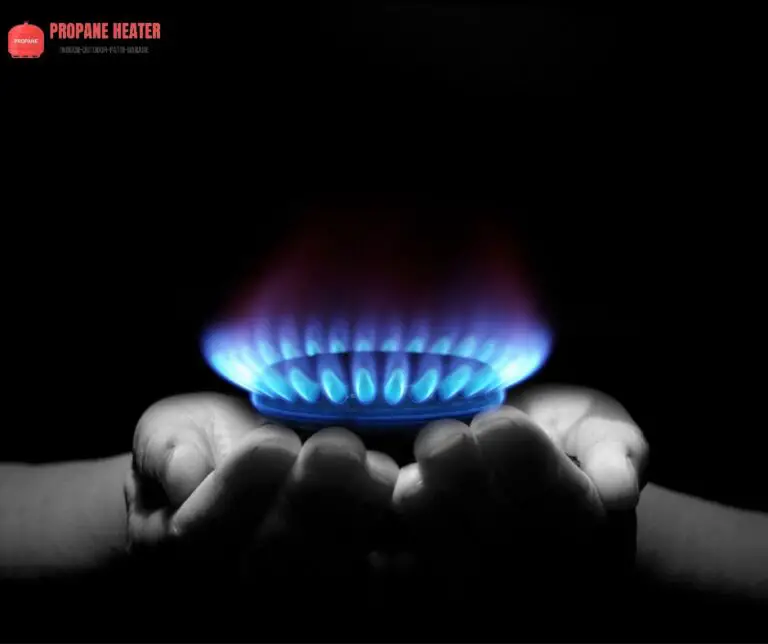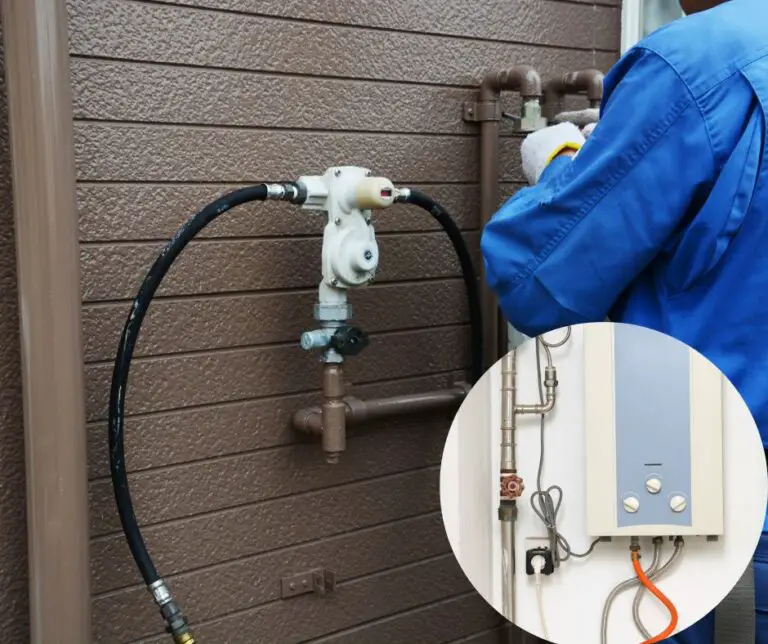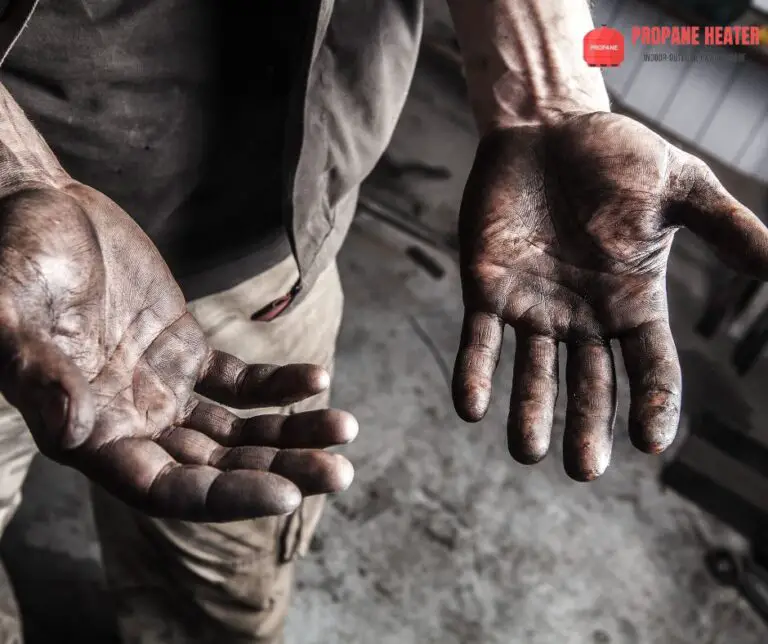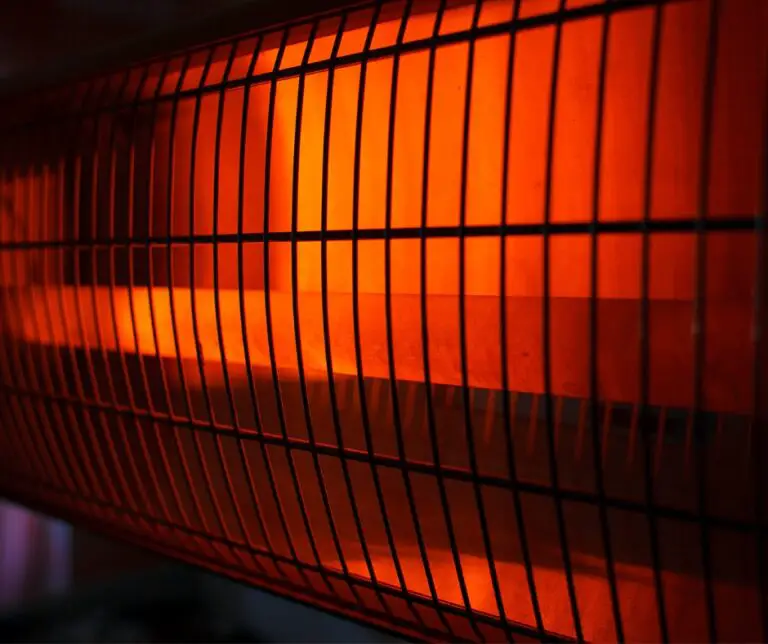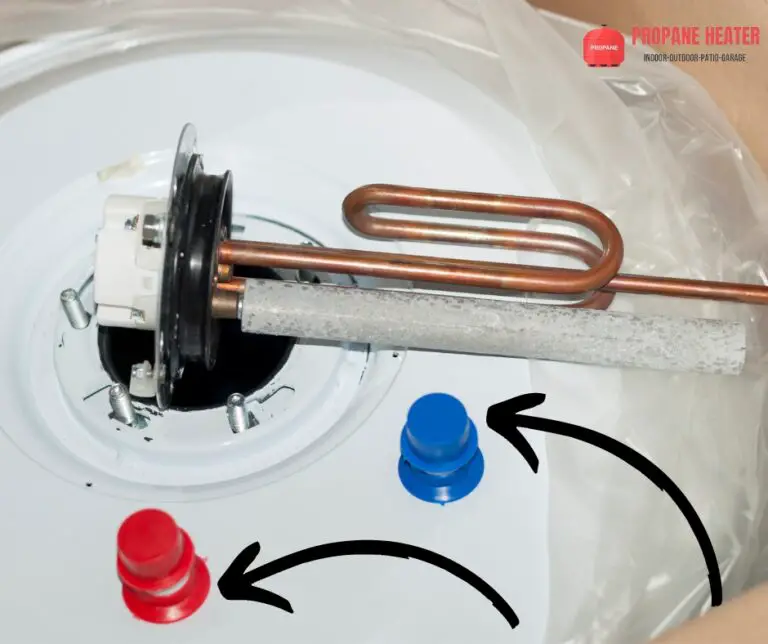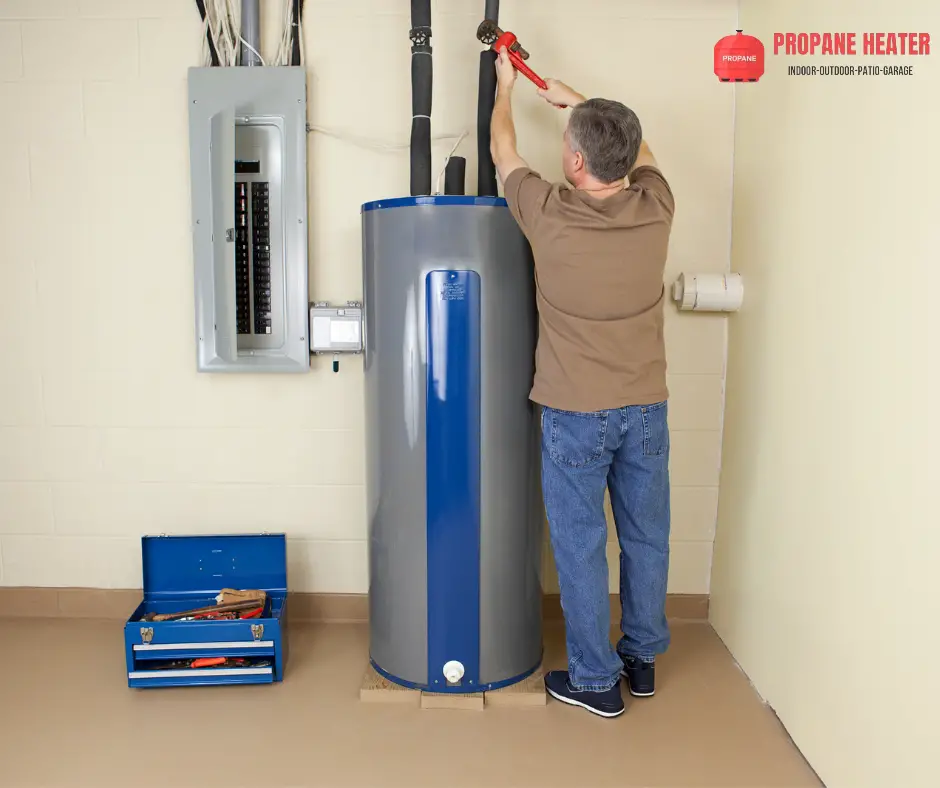
Water heaters, like cars and people, need maintenance. When your heater is running properly, it can last for years, but if you don’t keep up with the upkeep, then you may be in for some problems. In this article, we will discuss what to look for when your water heater sounds like a jet engine and how to fix the issue.
Reasons Why Water Heaters Sound Like a Jet Engine
1. Sediment buildup
Sediment buildup is a common problem with water heaters, and it can cause your tankless water heater to work harder and make more noise.
Sediment is usually caused by the water heater not being flushed regularly—if you neglect to run an annual maintenance flush of your tankless system, you’ll be left with a heavy layer of dirt, grime, and minerals on the bottom of its tanks. This can end up clogging up your pipes and slowing down their performance.
So what should you do if this happens to be happening in your home? It all depends on what kind of system you have. If it’s geothermal, the pressure will burst them like they were made out of paper mache instead of metal pipes.
2. Thermostat Not Working Correctly
If the water heater temperature is too high, the thermostat may not be working correctly. The thermostat is a safety device that turns off the heat when it gets too hot.
To test this theory, turn off your water heater and disconnect it from its power source. Turn on a cold water faucet to let out any remaining hot water in the pipes; then open some faucets to drain any residual pressure from inside them.
Remove the cover from your electric or gas-fired unit and check for corrosion around the thermostat (it looks like a small electrical box).
Once you are sure that the problem is your thermostat, call a technician to come to replace it.
3. Dirt build-up inside the heater
You’ve probably noticed that the sound of your water heater is louder than it used to be. While this could be nothing more than a new, more efficient model, it’s also possible that dirt built up inside the heater over time has reduced its efficiency and caused it to run longer than necessary. If you’re experiencing this problem, call in a professional plumber who can clean out the dirt build-up and restore your water heater’s full functionality.
4. Check the inlet water to the heater
One of the most common causes of a water heater that sounds like a jet engine is an overflowing inlet valve. The inlet valve regulates the water coming into your heater, which means that if it’s leaking, it can cause problems with your heating system.
If there is a leak and no action is taken to fix it, the pressure inside the tank can build up and cause loud noises or even damage to other parts of your system. This may mean not only needing to replace your pump motor but also potentially replacing or repairing other components (like valves) within the tank itself!
If there is a leak and no action is taken to fix it, the pressure inside the tank could rise enough over time for you to risk overheating and having hotter-than-normal temperatures coming out from under-the-sink faucet taps. In other words, this can cause your water heater to sound like a jet.
5. Move the dip tube
If you hear this sound, it’s likely because of a dip tube. A dip tube is a narrow pipe that extends from the bottom of the tank to the drain valve. It’s designed to keep sediment from entering the tank and blocking it up over time.
If your water heater sounds like a jet engine, move the dip tube to a different position in your tank and make sure sediment did not block it. This can be done by disconnecting your water heater and removing all traces of sediments from inside with a shop vac or similar tool.
How to Fix Your Water Heater Making Jet Sounds
1. Remove sediment buildup
The first step to treating a loud water heater is to remove the sediment buildup. To do this, turn off the power to your heater and let it cool down for at least 30 minutes. Use a garden hose and sprayer nozzle to fill the tank with water from the bottom up until it’s overflowed.
If there’s an air gap in your water heater, submerge one end of a garden hose into cold water and push it down into the air gap so that all of its contents are sucked out of your tank. This will help bring any remaining sediment up by suction as well as allow you to check how full your tank currently is.
Next, use a funnel and funnel brush or toothbrush (depending on size) to carefully brush away any loose deposits stuck on top of your heating element within its casing or surrounding areas before proceeding further with draining out the remaining water from inside.
2. Flush the water heater
To flush a water heater, you’ll need to turn off all power to the unit and open the drain valve. Then, add one gallon of bleach for every 10 gallons of water in your tank.
Turn on your power and let it run through its cycle as usual. At the end of this process, you should have a clean and properly functioning unit.
How Often Should I Flush My Water Heater?
To avoid having to flush your hot water heater too often, consider making small changes, like switching from regular tap water to purified or distilled water. This reduces mineral buildup that can cause corrosion within the tank walls over time, which could lead to leaks or other damage such as cracking or bursting if left unchecked for too long before being addressed by someone knowledgeable enough about their workings.
Conclusion
Hopefully, after reading this article, you will feel more confident when dealing with your water heater. We hope it helps you to diagnose any problems quickly and efficiently so that you can get back to enjoying your heater as soon as possible.

I am Richard A. Jackson man behind propane heating solution, An HVAC expert working as a team lead of the heating department, Provide services all over the USA (around all major cities), and from planning to implementation, you will get all your solution here. We provide various tanks (propane and other natural gases) and deal with disposable waste.

